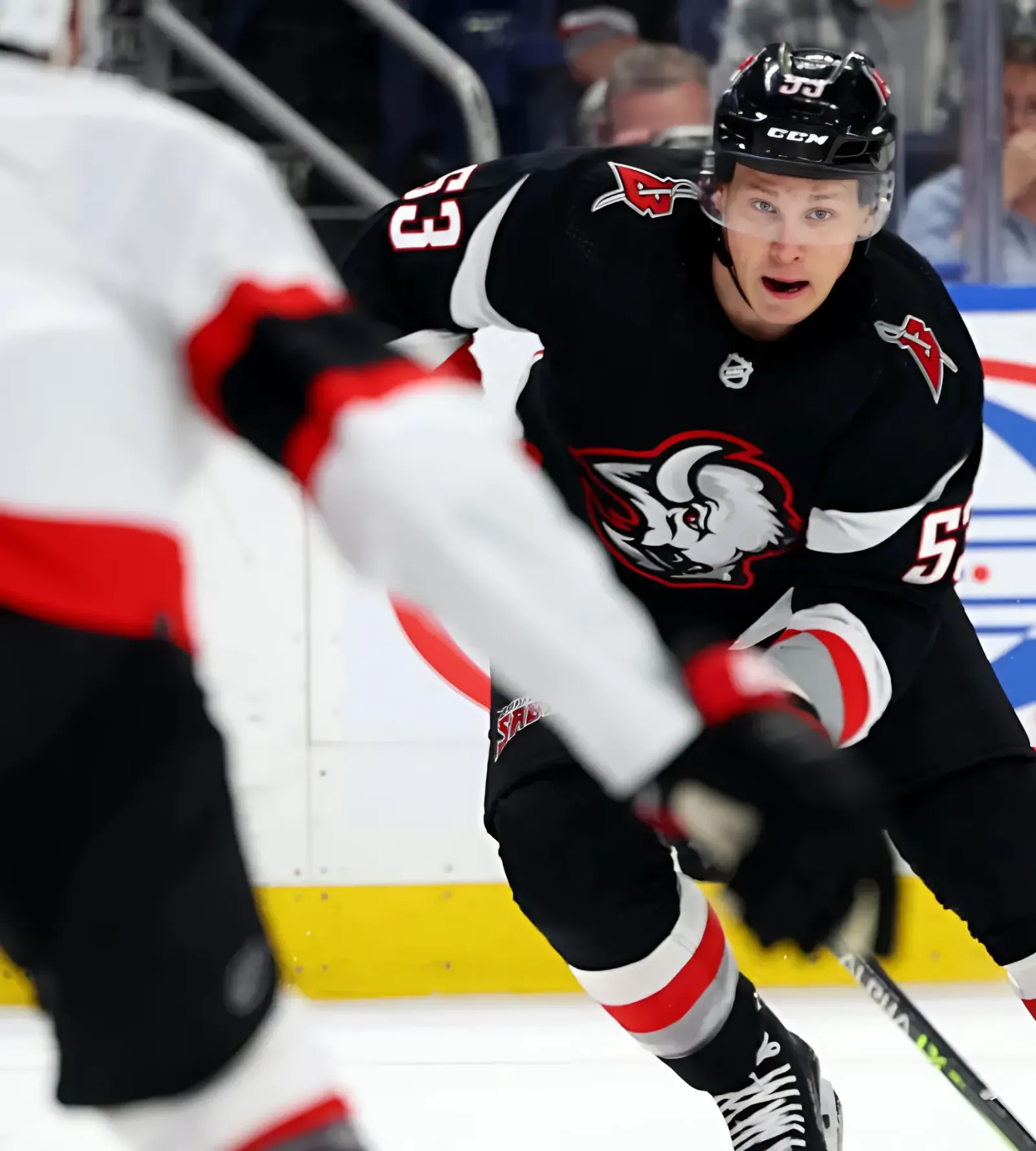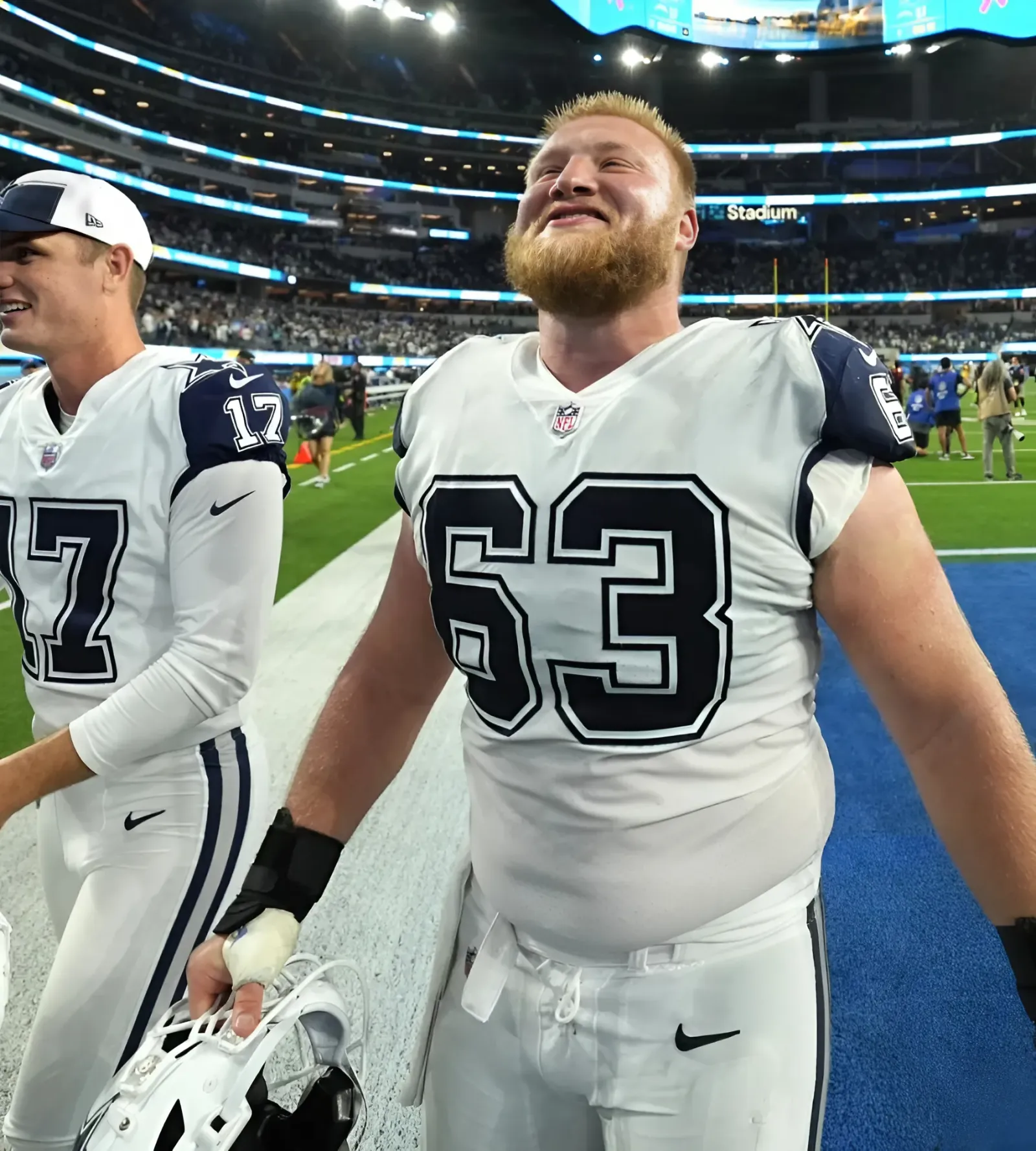As Sportsnet’s host Ron MacLean said in the preamble to Monday night’s Game 7 between the Edmonton Oilers and Vancouver Canucks, the great thing about sports is that there is one winner. The worst thing? That there is one winner. Unfortunately for the Canucks and their faithful supporters, that winner was the Oilers, who now march on to play the Dallas Stars in the Western Conference Final. Vancouver fell 3-2 in a contest that, in some respects, made sense, echoing some of the ups and downs of the series overall. Here’s how Game 7 all went down.

Canucks Fall Victim of Oilers’ Perfect Road Game
The setup was perfect. At least as perfect as could be. Leading up to the decisive game, the series’ sequence of results had been: Vancouver, Edmonton, Vancouver, Edmonton, Vancouver, then Edmonton. Logic suggested it was Vancouver’s turn to earn a win, a series clincher at home, no less. It was an opportunity to change the narrative of what’s happening in the NHL. After all, every September, experts pick the Oilers to win or reach the Stanley Cup Final. Here was a chance for the Canucks to answer, “Uh-uh. No. Nope.”
But for all the criticism aimed at clubs that enter the playoffs year after year as a favourite yet fail to take home the prize, the truth is, every defeat is a seed that can grow into future success. Enter the 2023-24 Oilers. In Game 7, in a hostile environment against a Vancouver squad that had done more than enough to earn a seventh match in Round 2, Edmonton was simply the superior club.
They took the crowd out of the match from the outset. Even a miraculous Arturs Silovs stop minutes into the contest did not deter their conviction and tactics. If Vancouver’s low shot tally in Round 1 could be glossed over because the Nashville Predators aren’t equipped with a blistering attack, that was not the case against Edmonton. The Canucks finished Game 7 with only 17 shots on net – they had two by the end of the first period, and this was against a goalie (Stuart Skinner) who is supposed to be nervous and “not very good.”
When Ilya Mikheyev – playing on the top line in Brock Boeser’s absence – missed his backhand on a breakaway, it didn’t bode well. To be blunt, Canucks fans had precious little to get excited about from the puck drop until half of the third period was over. In the third frame, amid a furious comeback, Phillip Di Giuseppe was fed a slick pass by Elias Pettersson and charged out on a breakaway, only to shoot wide.
Getting out of their own zone was a mighty challenge for the Canucks. Worse and frustratingly so, every single power play, especially the 4-minute one that closed the first period and opened the second, was chaotic, discombobulated, and a nervous wreck. Credit to Edmonton. They were brilliantly aggressive with checking, pass interceptions, and poke checks. Again, they were the better team. As much as Leon Draisaitl‘s post-game comments were salty at times, he was out there blocking shots in Game 7.
Canucks Went From Bad to Worse
The Oilers had one of their own sequestered in the sin bin for 4 minutes near the end of the first period. The Canucks did absolutely nothing on the power play. In fact, Edmonton’s Connor Brown had the best scoring opportunity when he produced a turnover and raced out on a breakaway, only for his shot to be repelled by Silovs.
The penalty was killed in the first moments of the second frame. At 1:16, Cody Ceci ripped a shot from the blue line that snuck its way past some traffic and into the Vancouver net. The Canucks couldn’t muster anything on 5-on-5 and somehow looked worse on the power play, to concede Game 7’s opening marker immediately after the power play. It was just one of those nights. Shortly after, Zach Hyman, who is on a stunning tear this spring, deflected an Evan Bouchard shot to make it 2-0 – both players netting goals was fitting. Bouchard has haunted Vancouver throughout the series, and Hyman is having a career year.
To compound the misery, Edmonton made good on their own power play at 15:22. Granted, Ryan Nugent-Hopkins’ goal benefited from a fortuitous bounce off the backboard, but good teams make their own luck. That’s what sunk the Canucks on Monday night and in the series. That, essentially, was the difference between these rivals. It’s not that the Canucks lack talent. They won three games. But when push came to shove, the Oilers continued to try to press their chances and make something happen. It’s unfortunate, but the same cannot be said of the Canucks. When they looked bad in this series, they looked awful, and there was a lot of that in Game 7.
Canucks’ Late Surge and Excitement, but Not Enough
Just as the series overall featured plot twists galore, Vancouver suddenly played with heart in the final 10 minutes. After doing virtually nothing for 50-plus, they received a jolt of energy. Conor Garland got the crowd bouncing at 11:27 when he ripped a wrist shot past Skinner after a turnover in the Oilers’ zone. Then, at 15:24, Filip Hronek reminded people he was in the game by destroying a one-timer to make it 3-2.
Rogers Arena was buzzing, and hope was brimming. Vancouver pressed, playing as they had in Game 5 when they, ironically, looked like the better side. But it was not meant to be. There are always two sides to a coin. On the one hand, the result was immensely disappointing because the Canucks’ season is now over, and they played with energy and grit when it mattered most. The other side is colder and harsher. Vancouver led the series 3-2 after five matches and, save for about 8½ minutes, looked like the second-best club during the series’ final 120.
Would things have been different with Boeser in the lineup? With Casey Desmith? With Thatcher Demko? If Pettersson had resembled his regular-season self? If Quinn Hughes had been even better (he was good, not great)? Alas, all those questions are moot because the series and season are over. The Canucks impressed, overcame, and surprised in 2023-24. They have some great talent on the attack, they are backed by a Vezina Trophy calibre netminder, supported by a Norris Trophy calibre defenseman, and led by a Jack Adams calibre coach. Things aren’t all bad, even if they feel like it on Tuesday morning.
It’s true. The worst thing in sports is that there is only one winner.



